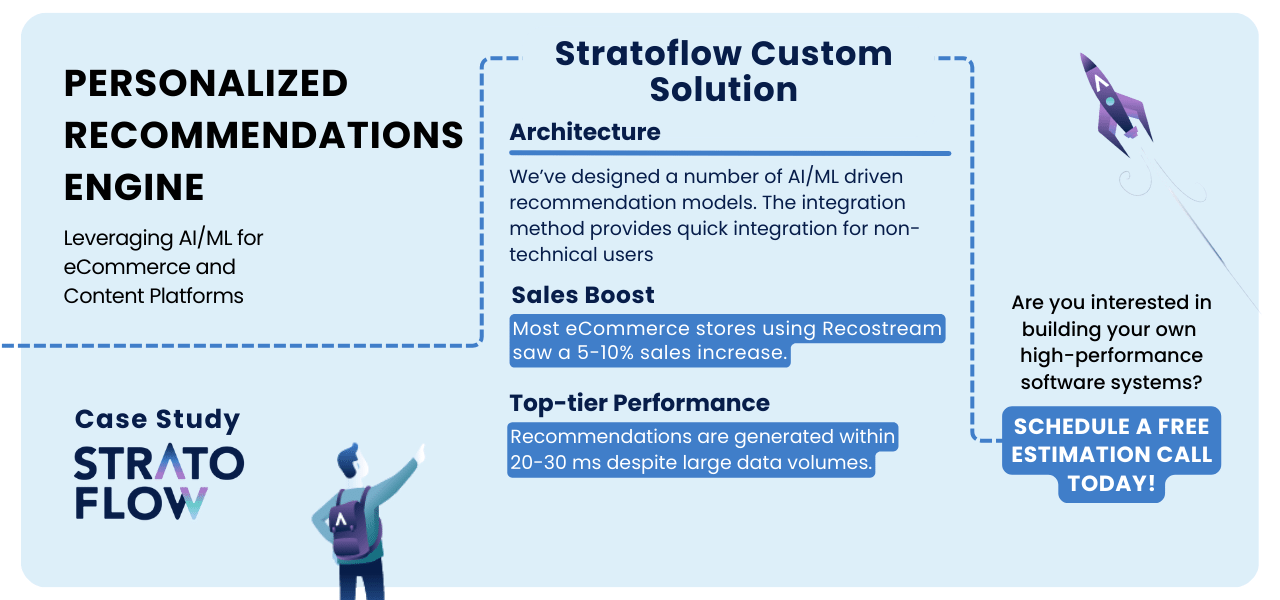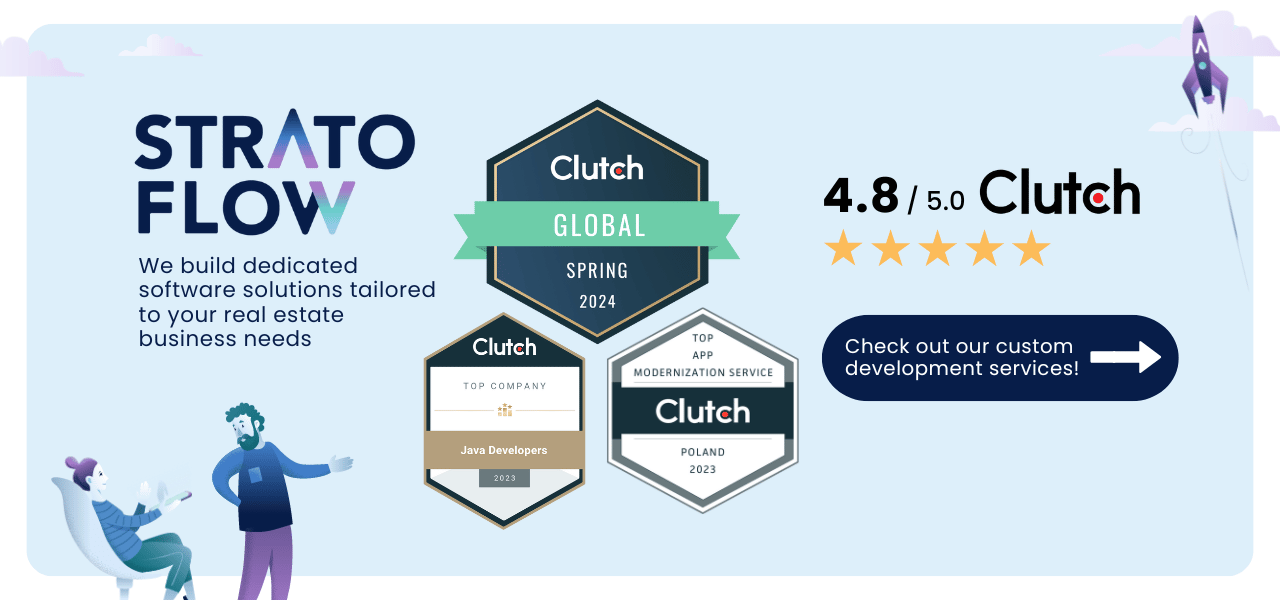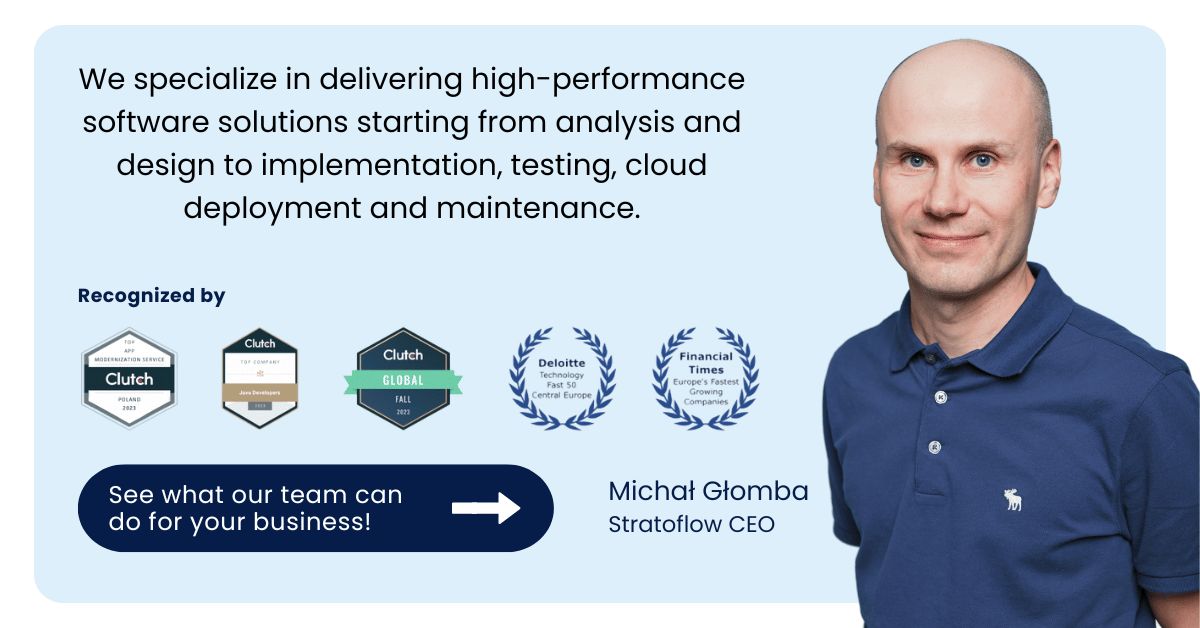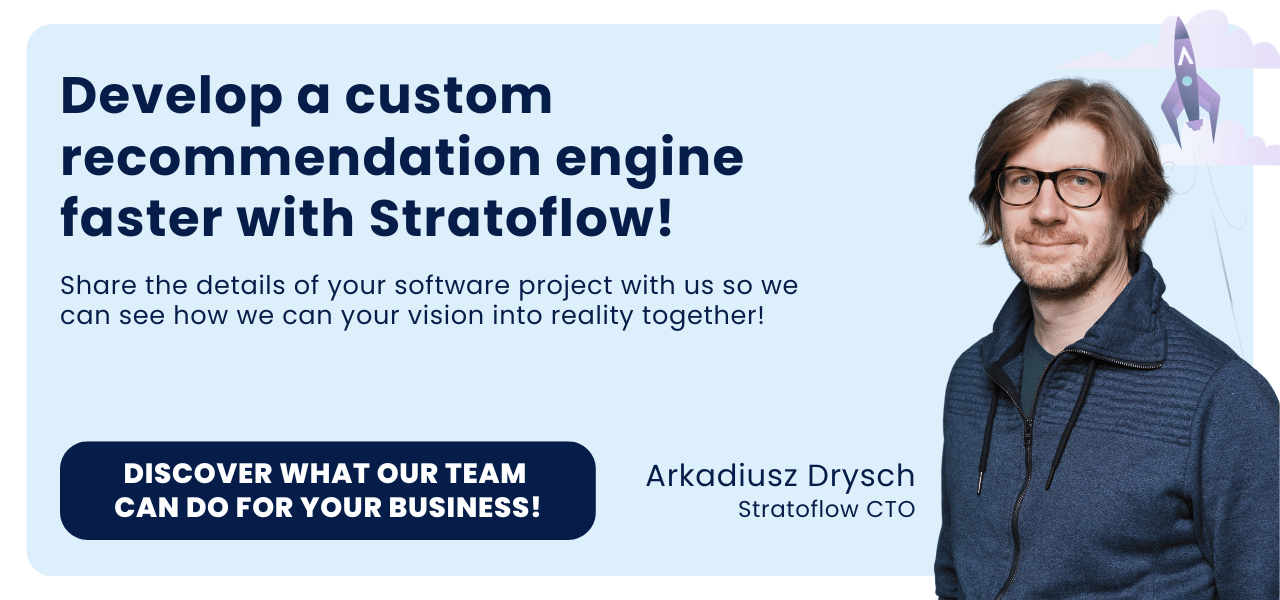
How to Use Ecommerce Recommendations to Drive Sales?
Did you know that up to 35% of Amazon’s sales come from their recommendation engine?
This powerful tool can significantly improve the performance of your online store.
In this article, we’ll explore how ecommerce recommendations work, their benefits beyond increasing sales, and practical tips from our experience with Recostream on how to integrate them effectively.
Whether you’re new to recommendation engines or looking to enhance your current system, we’ve got you covered.
What Are Product Recommendations in Ecommerce Store?
Have you ever shopped online and seen sections like “Others who bought this also bought this” or “You might also like”?
These are examples of product recommendations in e-commerce stores.
They are personalized suggestions generated by algorithms that analyze your browsing and shopping behavior.
Product recommendations are designed to enhance your shopping experience by showing you items you are likely to be interested in.
They can help you discover new products, save time, and even remind you of items you may have forgotten. For e-commerce businesses, these recommendations are an essential tool for increasing sales and customer satisfaction.
By understanding your preferences, these systems can suggest products that match your tastes and needs. Whether you are shopping for clothes, electronics, or groceries, personalized recommendations can make the process more enjoyable and efficient.
But the delivery of relevant suggestions to users across an e-commerce site is not a trivial task.
The sheer volume of user data-browsing history, purchase records, and even search queries-must be processed and analyzed.
This is the job of sophisticated recommendation engines, which we’ll take a closer look at in the next section.
Get Your Own Custom AI-Driven Recommendation Engine!
Recommendation Engines: Personalizing User Experiences At Scale
Recommendation engines are complex systems that use machine learning algorithms to analyze vast amounts of user data to provide relevant product recommendations.
These engines use a variety of algorithms to interpret data such as browsing history, purchase records, and even search queries. By processing this information, they can predict which products a user is most likely to be interested in.
There are several types of recommendation algorithms, including collaborative filtering, content-based filtering, and hybrid methods that combine several approaches, which we’ll discuss in more detail later.
The primary goal of these engines is to personalize the shopping experience at scale. They aim to create a unique experience for each user, so that the e-commerce site feels tailored to individual preferences, even though there may be thousands of people browsing the online store page simultaneously.
These product recommendations may seem insignificant, but they influence sales more than you might think.
The biggest players in the e-commerce market have long since realized this and continue to invest heavily in improving their recommendation systems.
Why It Matters: How Do The Biggest Brands Leverage Personalized Product Recommendations?
Personalized product recommendations have become a cornerstone of ecommerce strategy for giants like Amazon, eBay, and Alibaba, significantly impacting their sales and customer engagement.
Amazon
Amazon’s recommendation engine is a powerhouse that drives a significant portion of its sales – about 35%, according to a McKinsey report.
This system uses an item-to-item collaborative filtering approach that suggests products based on similarities to items a user has already shown interest in.

eBay
eBay uses machine learning and artificial intelligence to deliver personalized shopping experiences.
Its recommendation engine analyzes user behavior to provide tailored suggestions of relevant products, improving both engagement and conversion rates.
Although eBay does not provide specific figures, the general trend in e-commerce is that personalized marketing and recommendations, such as those eBay uses in its online stores, can lead to a 10-15% increase in sales because customers are more likely to purchase items that are relevant to them.
Alibaba
Alibaba’s recommendation system, powered by its AIRec engine, focuses on “recommendation diversity” and “discovery optimization”.
This system outperforms traditional algorithms by 20-100%, providing users with highly diverse and relevant recommendations.
Alibaba’s personalized recommendations help customers navigate through its vast product catalog, making it easier for them to find products of interest.
Unlocking the Power Of Artificial Intelligence in Your Ecommerce Business: Bespoke Recommendation Engine
As we have seen, recommendation engines are immensely powerful tools that can transform the user experience and drive significant revenue growth for ecommerce giants like Amazon, eBay, and Alibaba.
The good news is that you can achieve the same benefits for your ecommerce business by implementing a custom recommendation engine.
Choosing a custom recommendation engine allows you to fully harness the power of AI to meet the specific needs of your business.
Out-of-the-box solutions, while convenient, often come with limitations that can limit your ability to deliver the best possible user experience.
By investing in a custom solution, you ensure that your recommendation engine is optimized for your unique business context, resulting in better performance, higher customer satisfaction, and ultimately, more revenue.
But to get there, you’ll need help from experts, like the Stratoflow Java developers.
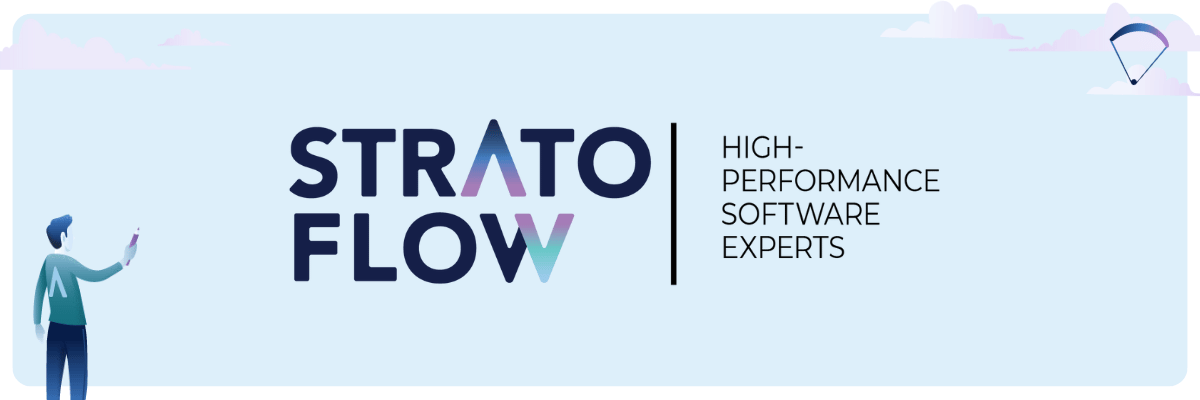
At Stratoflow, we pride ourselves on our extensive experience in developing custom recommendation engines for a variety of industries.
One of our standout projects is Recostream, an advanced AI/ML-powered e-commerce recommendation engine designed to deliver highly personalized product recommendations.
Recostream was built with the goal of making advanced recommendation models accessible to e-commerce sites and content platforms of all sizes.
Our team at Stratoflow developed this engine using sophisticated AI and machine learning techniques to ensure it can handle high event volumes and deliver recommendations in real time.
The results speak for themselves.
Ecommerce stores using Recostream have seen a 5-10% increase in sales, a 25% increase in recommended products as a percentage of total sales, and improved customer retention through better personalization.
And then there’s the performance.
Recostream can generate new recommendations in 20-30 milliseconds, providing a smooth and responsive user experience.
The engine is also tightly integrated with Google Analytics, allowing store owners to track recommendation performance along with other key metrics.
Recostream is a prime example of how our developers are dedicated to helping your business unlock these benefits through customized solutions designed to improve the user experience, increase sales, and build customer loyalty.
At Stratoflow, we specialize in developing custom recommendation engines for various industries, not just ecommerce recommendations.
These engines leverage advanced AI and machine learning techniques to deliver personalized experiences, increase engagement, and drive sales.
So what industries exactly can leverage the power of AI personalization?
It’s a pretty impressive list, so take a look:
- Ecommerce and Retail: Our custom ecommerce recommendation engine can boost sales by recommending personalized products based on user behavior and preferences, increasing order value through upselling and cross-selling.
- Media and Entertainment: Enhances user engagement by suggesting tailored content such as movies, TV shows, and music, improving user retention and satisfaction.
- Education: Custom recommendation engine improves student performance by providing personalized learning pathways and course recommendations.
- Healthcare: Enhances patient outcomes by recommending personalized treatment plans and reducing diagnostic errors.
- Insurance: Our custom solutions provide customized financial advice and risk assessment, improving customer satisfaction and operational efficiency.
- Finance: Our solutions offer personalized investment advice and financial recommendations, enhancing decision-making and customer engagement.
- Real Estate: Personalized property recommendations and market analysis, improving user engagement and satisfaction.
- Customer Service: Enhances customer support with AI chatbots offering personalized recommendations, reducing costs and improving response times.
- Travel: Provides personalized travel itineraries and recommendations, improving user satisfaction and increasing bookings.
If you are interested in discussing your needs for custom e-commerce recommendation engines or other industry applications, contact us today to explore how we can help transform your business.
How do Ecommerce Recommendation Systems Use Customer Data?
Ecommerce recommendation engines collect and analyze vast amounts of customer data to generate personalized product suggestions.
This data collection process involves tracking user interactions on the site, such as browsing history, search queries, clicks, and purchase behavior.
The collected data is then processed using advanced algorithms to identify patterns and preferences that help predict products a customer may be interested in.
These predictions are delivered in real time, enhancing the overall shopping experience by making it more personalized and engaging.
Collaborative filtering Methoods
Collaborative filtering is a popular method used in recommendation systems that relies on the preferences and behaviors of multiple users to generate recommendations. There are two main types:
- User-based Collaborative Filtering: This method finds users who have similar preferences and recommends products that these similar users have liked.
- Item-based Collaborative Filtering: Instead of looking for similar users, this method finds items that are similar to the ones a user has shown interest in and recommends those.
By leveraging the collective behavior of users, collaborative filtering can provide accurate and diverse recommendations, increasing the likelihood of discovering new products.
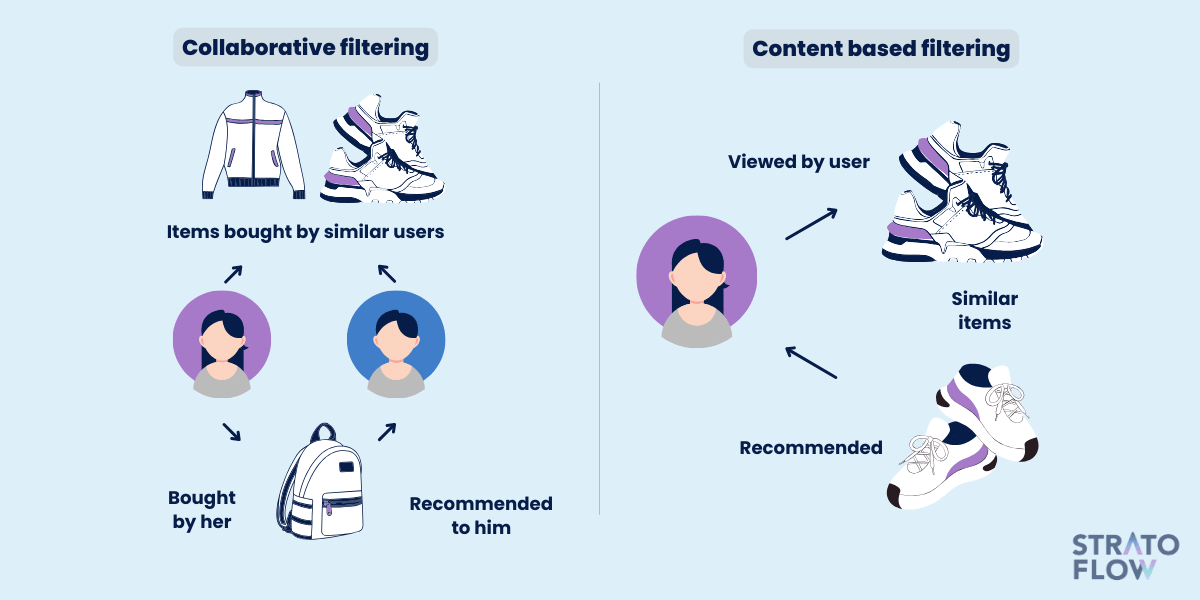
Content-based filtering Methoods
Content-based filtering focuses on item attributes and user preferences.
This method analyzes the characteristics of products (such as genre, category, or specifications) and compares them with the user’s past interactions to recommend similar items.
For example, if a user has shown an interest in mystery novels, the system will suggest other books in the same genre.
This approach is particularly effective for recommending niche products and ensuring that suggestions are closely aligned with the user’s specific tastes.
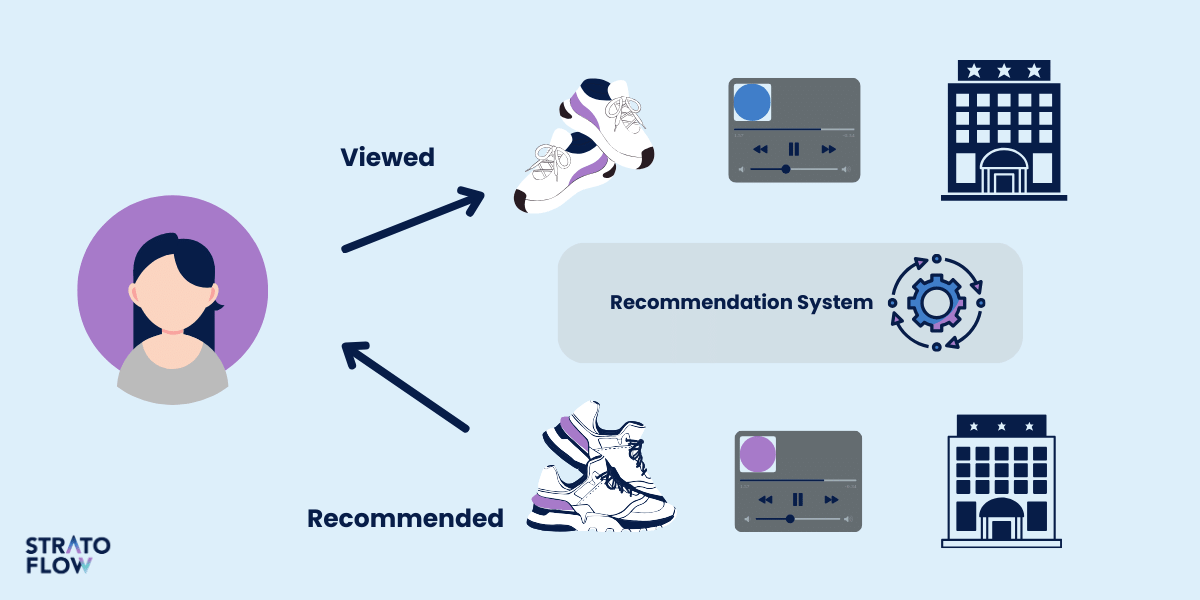
Hybrid Recommendation Systems
Hybrid recommendation systems combine multiple filtering methods to enhance the accuracy and robustness of recommendations.
By integrating collaborative filtering with content-based filtering, these systems can offset the limitations of each approach.
For example, while collaborative filtering benefits from the collective intelligence of users, content-based filtering provides personalized suggestions based on item attributes.
The hybrid approach ensures a more comprehensive analysis of user preferences, leading to more precise and diverse product recommendations.
[Read also: Netflix Algorithm: How Netflix Uses AI to Improve Personalization]
It’s Not Only About The Sales: Other Key Benefits Of Personalized Ecommerce Recommendations
While personalized ecommerce recommendations are well-known for boosting sales, they offer several other significant benefits that enhance the overall effectiveness and appeal of an ecommerce platform.
Here are five key advantages:
Enhanced User Experience
Personalized recommendations improve the user experience by making it easier for customers to find products that match their preferences.
This tailored approach reduces the time and effort required to search for items, leading to a more satisfying shopping journey.
For example, streaming services like Netflix and Spotify use personalized recommendations to keep users engaged by suggesting content based on their viewing or listening history.
Increased Customer Loyalty
When customers consistently receive relevant recommendations, they feel understood and valued, which fosters brand loyalty.
Personalized recommendations show that a company cares about individual needs and preferences. This sense of personalization and care can lead to repeat purchases and long-term customer relationships.
Amazon’s recommendation engine plays a critical role in building customer loyalty by continuously offering products that are relevant to the user’s interests.
Increased Average Order Value
Tailored recommendations can increase the average order value by suggesting complementary products, products that are frequently purchased together or upselling higher-end items.
When customers see items that go well with their current selections, they are more likely to add these to their cart, thus increasing the total purchase amount.
For example, a customer buying a camera might receive recommendations for lenses, tripods, or memory cards, encouraging them to buy more.
Efficient Inventory Management
Personalized recommendations can help retailers manage inventory more efficiently.
By analyzing user preferences and buying patterns, businesses can more accurately forecast demand and adjust inventory levels accordingly.
This reduces the likelihood of overstocking or out-of-stocks, resulting in better inventory turns and lower storage costs.
Retailers can also use these insights to identify slow-moving items and promote them with personalized offers.
Improved Data Insights
The data collected for personalized recommendations provides valuable insights into customer behavior and preferences.
Companies can use this information to refine their product offerings, optimize pricing strategies, and develop new products that better meet customer needs.
These insights can also help identify emerging trends and adjust business strategies accordingly.
[Read also: Spotify Recommendation Algorithm: What’s The Secret to Its Success?]
Five Tips From Our Work on Recostream for Using Ecommerce Product Recommendations
From our experience developing and implementing Recostream, we have gained valuable insights and best practices for effectively integrating e-commerce recommendations.
Here are five key tips from our development team:
Tip #1: Strategically Place Recommendations Within the Store’s UI

Placing recommendations in your ecommerce store is critical to maximizing their effectiveness.
Properly positioned recommendations can guide customers through their shopping journey, increasing engagement and sales. Here’s an in-depth look at where and how to place recommendations:
- Home Page: This is the first point of interaction for many users, so it’s vital to capture their interest immediately. Implementing sections like “Popular Products” or “Trending Now” can engage users by showcasing best-sellers or trending items. This approach not only highlights products that are in demand but also encourages users to explore further.
- Product Page: Once a user is interested in a specific product, it’s an opportune moment to introduce additional options. Recommendations such as “Customers Also Bought” or “Similar Products” can be displayed on product pages.
- Product Category Page: When users are browsing a specific category, they are often looking for ideas or comparing options. Displaying “Top Picks in This Category” can help guide their decision-making process by highlighting popular or highly-rated items within that category. This strategy can simplify their search and direct them to high-quality products.
- Checkout Page: The checkout page is a strategic location for recommendations because users are in the final stages of making a purchase. Including “Frequently Bought Together” suggestions can encourage customers to add complementary items to their cart. For instance, if a customer is buying a camera, suggesting a memory card or camera bag can increase the total order value. This last-minute nudge can be particularly effective in enhancing the overall purchase.
By strategically placing recommendations in these key areas, you can create a seamless and engaging shopping experience that not only boosts sales but also enhances customer satisfaction.
Tip #2: Remember About The Performance

Ensuring that your AI recommendation engine works quickly and efficiently is critical to maintaining a positive user experience and delivering tangible results.
A sluggish recommendation system can frustrate users, leading to decreased engagement and potential lost sales.
At Stratoflow, we make software performance a top priority in our projects.
For Recostream, our developers focused on optimizing the system to handle high event volumes and deliver recommendations within 20-30 milliseconds. This fast turnaround ensures that users receive suggestions almost instantly, keeping the shopping experience smooth and uninterrupted.
Tip #3: Use Social Proof

Incorporating social proof into your recommendation engine can significantly enhance its effectiveness.
Displaying highest customer reviews and average product ratings alongside recommended items builds trust and encourages purchases.
This customization and modification can set your recommendation engine apart from those using generic, ready-made solutions, making your site more appealing and trustworthy.
Tip #4: Leverage Cross-selling Strategies

Ecommerce recommendations are powerful tools for leveraging upselling and cross-selling, helping to increase the average order value and enhance the customer shopping experience.
By strategically suggesting complementary and higher-value items, you can guide customers towards making more comprehensive purchases.
Pop-ups
Pop-ups are an effective way to grab customers’ attention and suggest additional products during their browsing experience.
Trigger pop-ups when a user adds an item to their cart or spends a certain amount of time on a product page. For example, if a customer adds a laptop to their cart, a pop-up can suggest related items like a laptop bag, external mouse, or software bundle.
Recommendations in the Cart and Checkout Page
Placing shopping recommendations in the cart and checkout pages is a strategic move to encourage last-minute additions.
When customers review their cart or proceed to checkout, suggest complementary products that enhance their primary purchase.
For instance, if a customer is buying a camera, recommend accessories such as lenses, memory cards, or a tripod. These suggestions can significantly boost the average order value by encouraging customers to add useful items they might have overlooked.
Tip #5: Continuously Optimize

Continuous optimization is essential for maintaining the effectiveness of your recommendation system.
Implement A/B testing to compare different product recommendation strategies and determine which ones perform best.
For example, Recostream uses detailed data analysis and testing to refine and improve its recommendation algorithms, ensuring that they remain relevant and effective. Regularly updating and adjusting your recommendations based on user feedback and performance data can lead to sustained improvements and better user satisfaction.
Related Posts
- Inside the Netflix Algorithm: AI Personalizing User Experience
- Music Recommendation System: How Do Streaming Platforms Use AI?
- Complementary Products: A Way to Increase Your Online Store Sales
- Custom Recommendation Engines: What They Are and How to Use Them
- AI-Powered Recommendation Engines for Modern Business
Thank you for taking the time to read our blog post!

